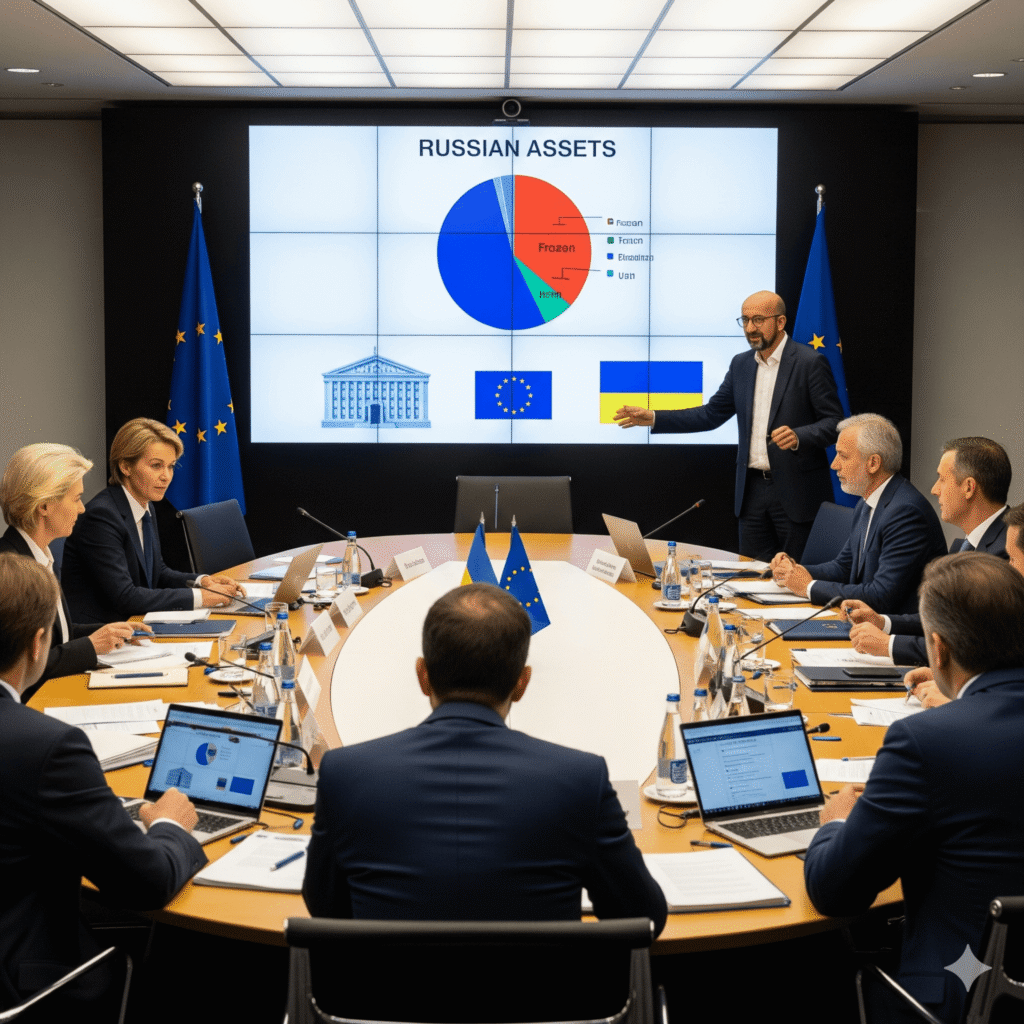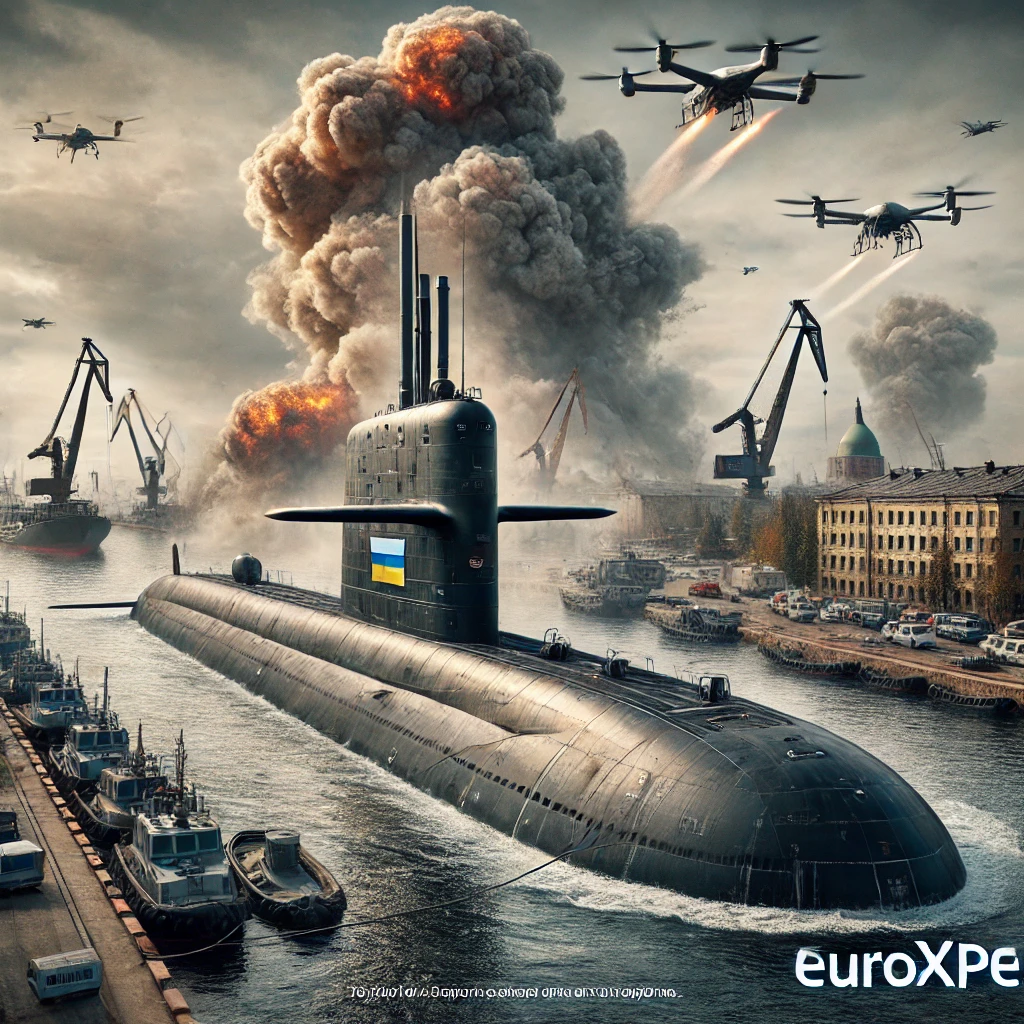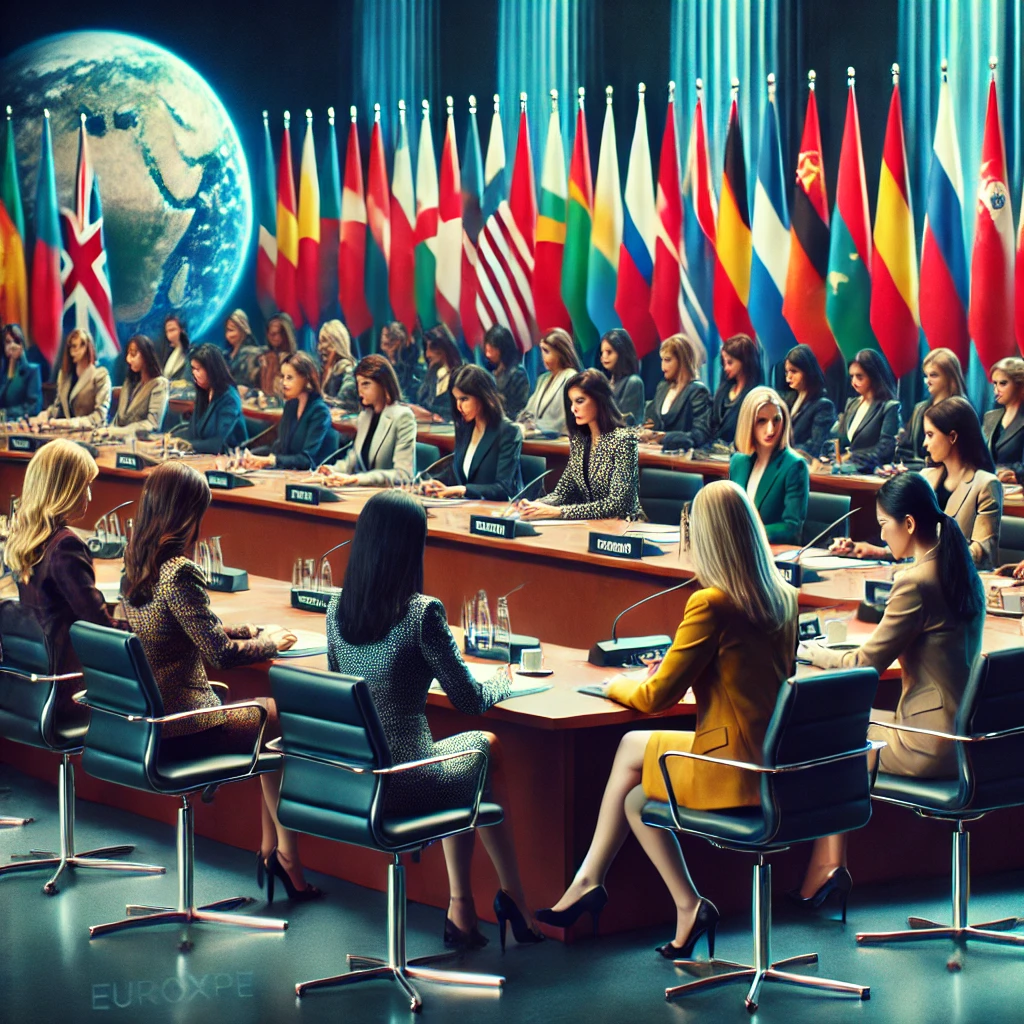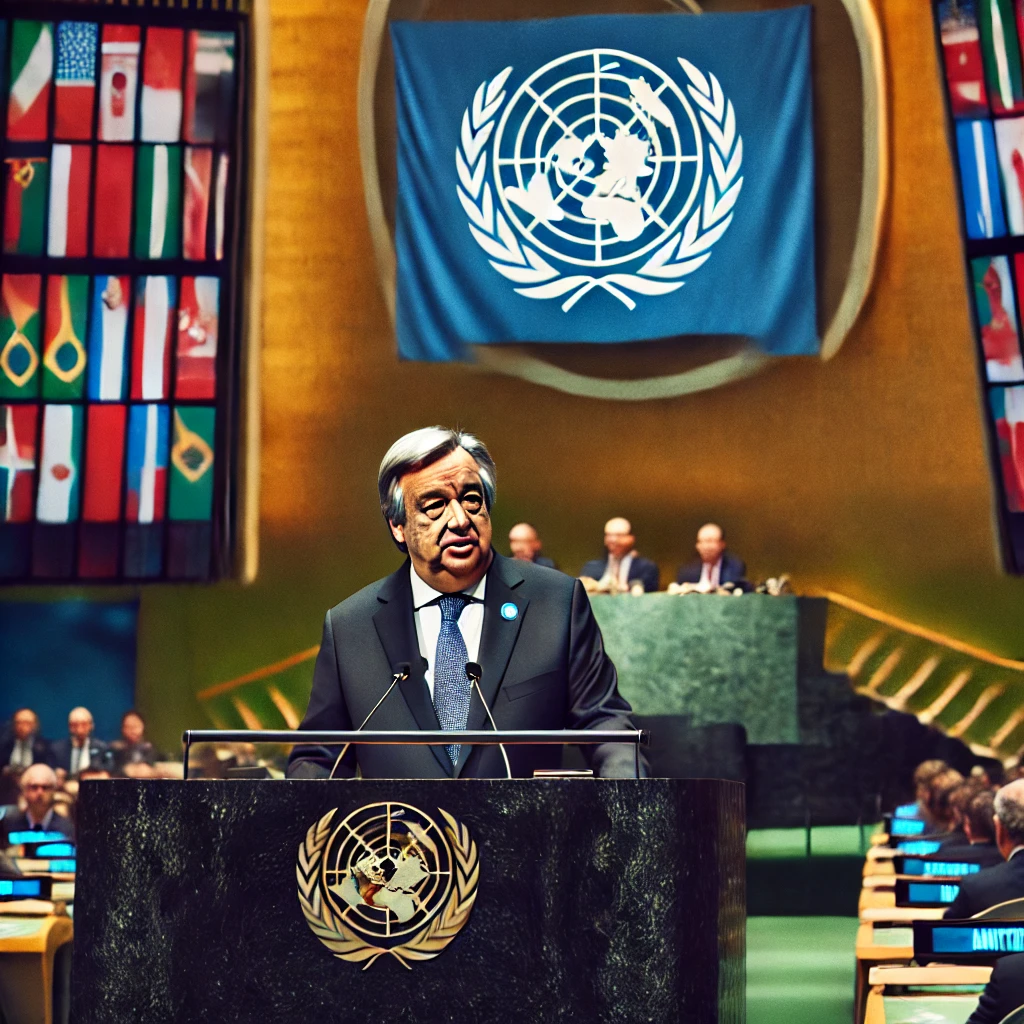The European Union is advancing a new and controversial plan to utilise nearly €200 billion in immobilised Russian assets to fund Ukraine’s post-war reconstruction. Instead of keeping the funds in low-yield, risk-free investments, the European Commission is exploring moving them into more profitable but riskier financial instruments. The move is a response to Ukraine’s growing financial needs and a way to secure a sustainable funding source for the war-torn nation.
This new strategy comes as Ukraine faces an estimated €8 billion budget shortfall by 2026. The shift reflects a wider pressure on the EU to find alternative funding streams, particularly as US financial support for Ukraine has wavered and European countries face their own domestic budget pressures.
The plan seeks to bridge the gap between hard-line members, like the Baltic states, who have called for outright confiscation of the assets, and more cautious countries, such as Germany and Belgium. The latter are concerned about the significant legal and financial risks involved, especially since institutions like Euroclear in Belgium hold the vast majority of Russia’s frozen funds.
A New Fund to Bypass Hungary’s Veto
To execute this plan, the European Commission is considering setting up a “special purpose vehicle” – a new fund that would operate independently from the traditional EU framework. This would allow the EU to invest the assets in a way that generates higher returns than what is currently possible through the Belgian central bank.
Crucially, this new structure has a strategic purpose: to neutralise the threat of a veto from Hungary. Currently, sanctions against Russia must be renewed every six months, a process that a pro-Russian government, like Hungary’s, could potentially block. By transferring the assets to a new fund that does not require unanimity for its operations, the EU could guarantee the continuous flow of support to Ukraine.
Debate Over Financial and Legal Responsibility
The proposal is not without its sceptics. Opponents are concerned that any losses from these riskier investments could fall on EU taxpayers. This has led Belgium to insist that any financial and legal liabilities associated with the plan must be shared by all member states, not just the host of the assets.
The matter is set to be debated for the first time by the 27 EU foreign ministers during an informal meeting in Copenhagen, Denmark. The EU is looking to build on the precedent set by G7 countries, which have already agreed to use the profits generated from the assets to help Ukraine, rather than the assets themselves.






